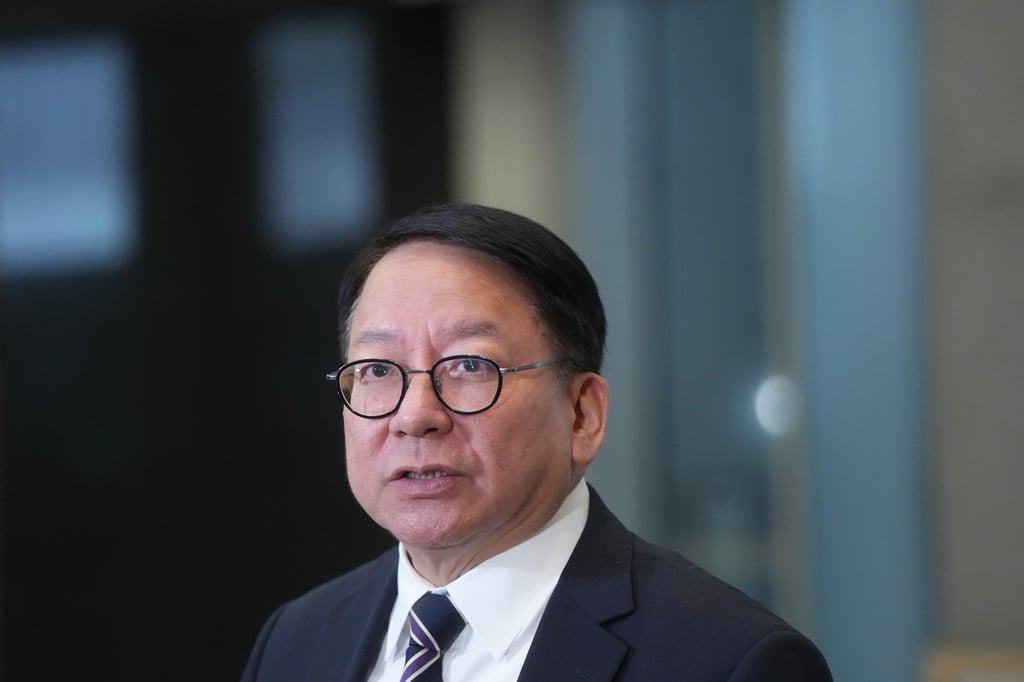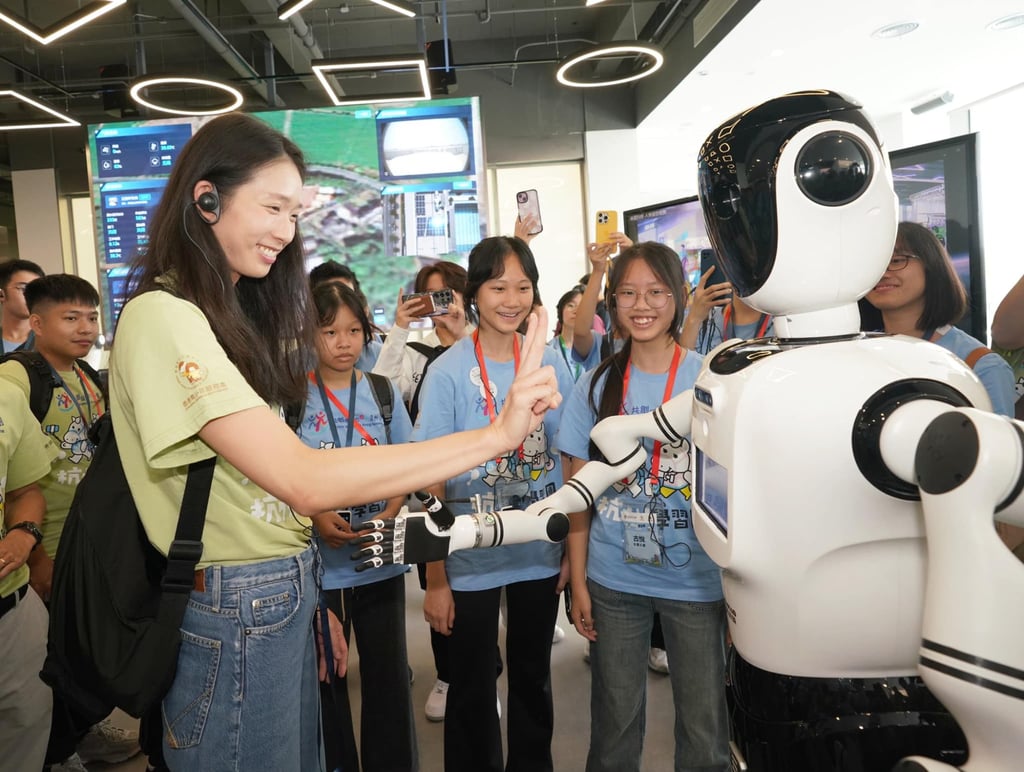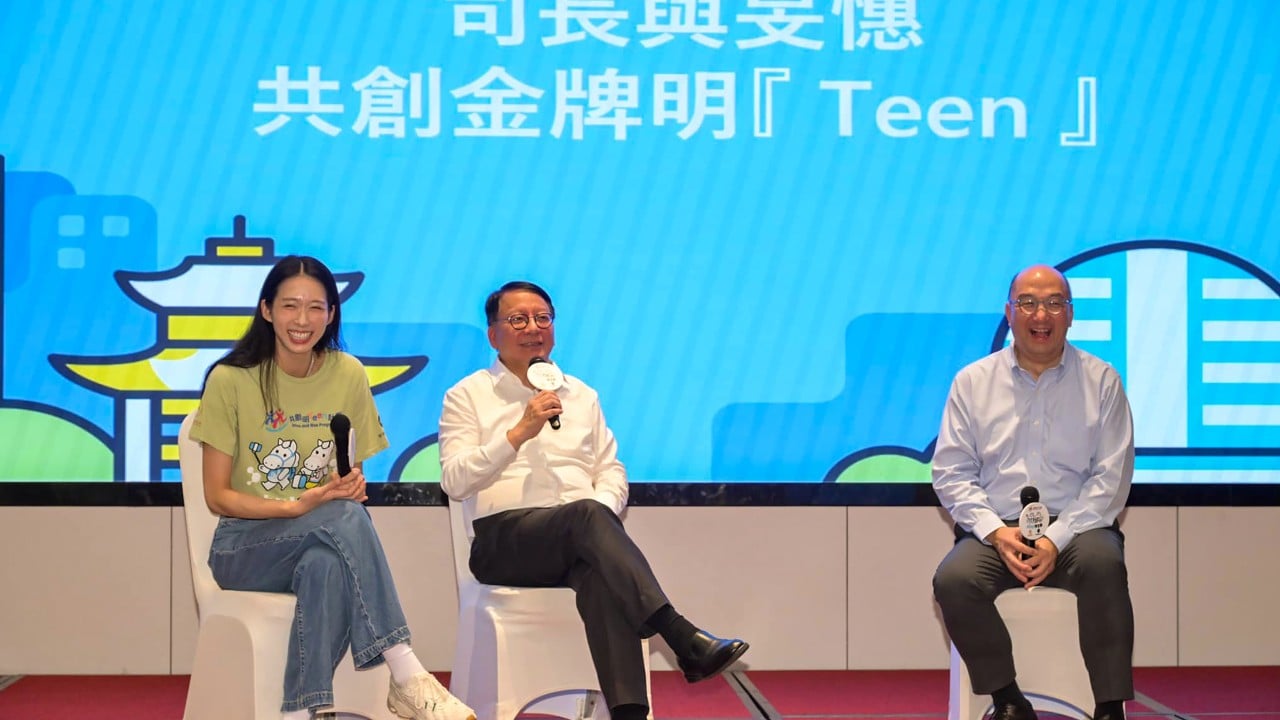A graduate talent recruitment scheme in Hong Kong is to be widened to include more universities in a bid to bolster the workforce as the city’s population ages, a top government official has said.
Chief Secretary Eric Chan Kwok-ki on Monday explained the government wanted to revise the Top Talent Pass Scheme, launched in December 2022, to include graduates of institutions outside the present top 100 universities list.
People are eligible for the scheme when they have an annual income of at least HK$2.5 million (US$320,732), or if they have a bachelor’s degree from a university listed in the top 100 in four designated world rankings gained in the previous five years.
Chan said on Monday that institutions might have prestige in some subjects, but were not considered top 100 universities.
“But these are still very famous and good schools,” he said. “In view of this situation, we are looking into whether we should include these universities in the list.”
Chan added a relaxation of eligibility rules would not affect the quality of recruits under the scheme.
“The more talent we have, the more useful they will be to Hong Kong,” he said.
“For a place with a serious ageing population, these young people are very beneficial to Hong Kong’s productivity and labour force.”
Chan added that the government was still examining which areas of study should be included in the expanded list.
He was speaking in the mainland Chinese city of Hangzhou, on the sidelines of the government’s Strive and Rise Programme, funded by the Hong Kong Jockey Club.
He earlier told the China News Service that Hong Kong was “opening the door” to the mainland.
“There are some very good universities in mainland China, but they may not be among the top 100,” Chan added.
“We share the same culture and language, so coming to Hong Kong is the best and easiest for them to adapt.”
Chan added that the city had received more than 340,000 applications for the scheme up to July and 210,000 visas had been granted, with 140,000 of the people already in Hong Kong.
He said the top talent visa holders earned HK$50,000 a month on average.
About a quarter earned more than HK$100,000 and another 10 per cent got a HK200,000 pay cheque every month.

Chan said the talent recruitment scheme could bring about HK$34 billion worth of direct economic contribution to Hong Kong a year, about 1.2 per cent of the city’s gross domestic product.
He added the successful applicants had also brought tens of thousands of children to Hong Kong, 90 per cent of whom were aged below 14 years.
The scheme requires people who have moved to Hong Kong to renew their visas every two years.
Chan said a high percentage of applicants would be granted a renewal, because the government wanted them to stay and contribute to the economy.
“Hong Kong’s unemployment rate is very low – about 3 per cent, which is roughly equivalent to full employment,” he added.
“It will be easy for them to stay in Hong Kong, if they want to. We also hope they will stay, not just for the short term, but also that their families and children will settle down in Hong Kong.”
Alexa Chow Yee-ping, managing director of AMAC Human Resources Consultants, said an expansion of the eligible universities list was “a pre-emptive measure” by the government.
“With the US expected to lower interest rates this year, Hong Kong’s economy would get a boost, potentially increasing the need for more talent. It’s time to refine the list,” she added.
Chow suggested the government should apply high standards when it picked universities or subjects to ensure it attracted the right people, particularly in areas such as healthcare, innovation, technology, and accountancy.
Lawmaker Jesse Shang Hailong, chairman of the Hong Kong Top Talent Services Association, said that many management roles in the city had been vacant for a long time, which made a widening of the talent net a necessity.

He dismissed concerns that the talent scheme would only attract people from the mainland.
“Don’t adopt a narrow definition of international talent,” he said.
Shang earlier suggested to Chief Executive John Lee Ka-chiu that the list should be expanded to include more mainland universities.
He said he was confident that some institutions, like Beijing’s Renmin University of China, would be selected.
The Hong Kong government at present lists 185 universities eligible for the scheme, with 13 of them based on the mainland.
Chan was joined by fencer and Paris Olympics gold medallist Vivian Kong Man-wai at the Hangzhou event.
Chan and Kong discussed what motivated them to get through tough times with a study tour of 80 teenagers.
Chan said his motto was to think positively and Kong added she did not compare her hardships with others, but focused on improving herself.
“My teammates and opponents are hardworking,” she said.
“Everyone has their own hurdles, so I don’t think I’m special – I just strive to be a better version of myself compared to yesterday.”


